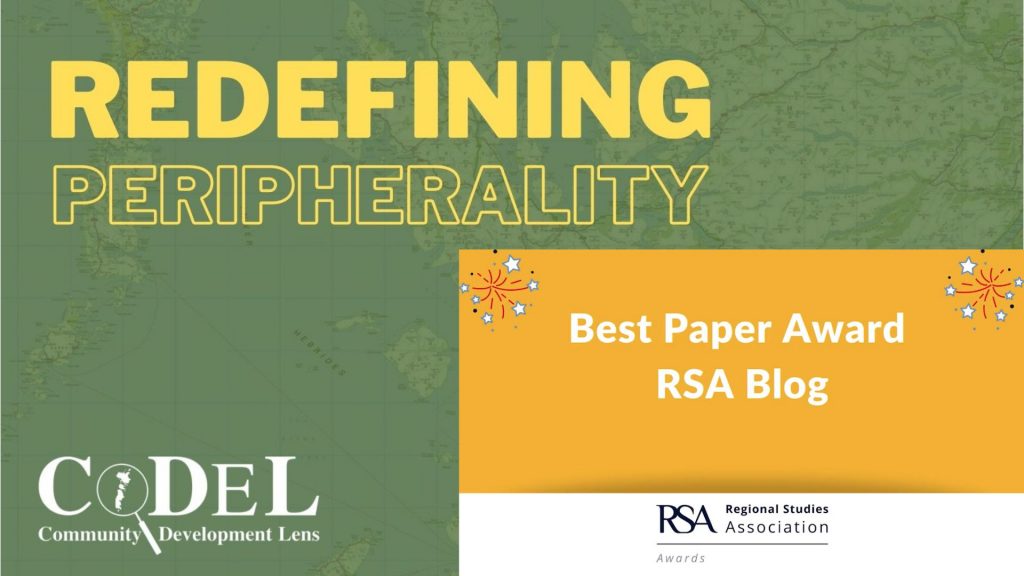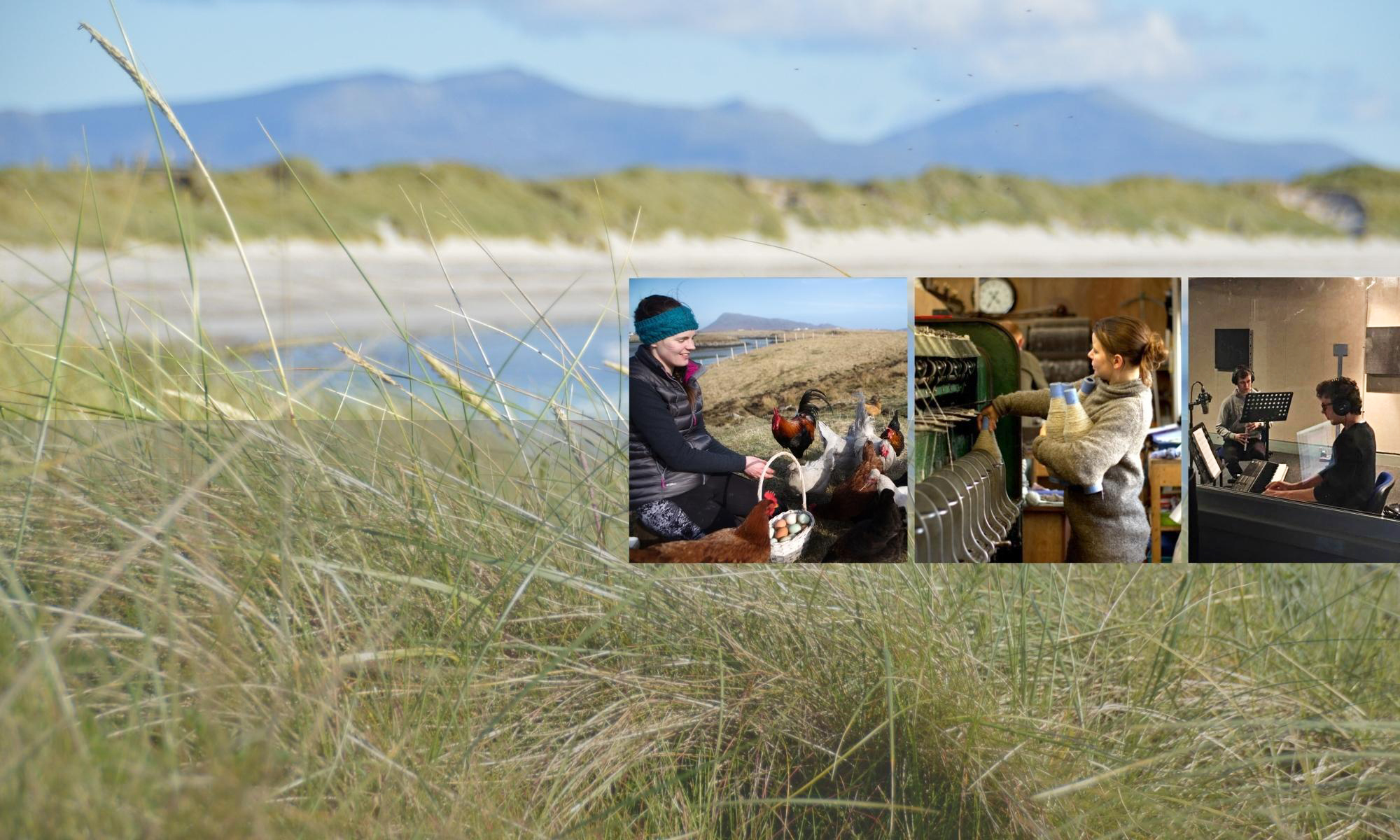
CoDeL is honoured to have received an award from the Regional Studies Association for their best blogpost in 2022: view the video here.
We are delighted that this global research network recognises the insight held by many so-called remote rural and island communities as we confront global crises, and gave the award to a small social enterprise in a ‘remote’ island in contrast to a well-established academic institution.
Our blogpost on How remote communities turned the challenges of peripherality to their advantage during COVID-19 is simple, but is deeply rooted in the lived experience of peripheral communities across the Northern Periphery, from Finland to Canada. Above all, it challenges standard narratives that we are backward, that we need to “catch up”.
In the award video we look beyond our original blog post focused on responses to the pandemic to the next and bigger emergencies of climate change and biodiversity. We call on researchers and policy-makers to value the knowledge and wisdom held by so-called remote communities and indigenous peoples about living in tune with nature and community.
Enabling us to explore these links has been helped by CoDeL taking a break from much social media over the past several months. We have been able to reflect more deeply on new directions and next steps, following our intensive work with many great partners around responses to the pandemic under the heading of “Redefining Peripherality”.
While we may have had a break from CoDeL social media, we have been busy at sharing insights about redefining peripherality at many different events this year: the EU’s Rural Pact conference, the World Rural Health Conference, the European Rural Parliament, the OECD Rural Development conference and the Arctic Circle Assembly. We have been struck by how much our ideas have resonated with participants from so many different communities and contexts. And by how much radical thinking, for example around degrowth rather than growth, has been welcomed at many of these events.
We will be sharing insights from some of these events in our next blogposts, starting with the Arctic Circle Assembly where Theona Morrison linked with communities across the Arctic, including representatives of indigenous communities. We will also explore emerging insights, for example around the dangerous inadequacies of natural capital frameworks that underpin much green accounting regionally, nationally and globally.
As well as looking forward, we have also come full circle back to our original research on island population which led us to set up CoDeL in 2018. Since May we have focused much energy on supporting the development of the new digital platform, Uist Beò, delivered by a dynamic group of younger islanders. The social media (on instagram, facebook and tik tok) shows clearly just how vibrant and dynamic so-called remote communities can be, with many younger people returning, settling or staying.
These younger people are setting up dynamic businesses, running remarkable social enterprises, contributing hugely to community and culture, and to the sustainable use of resources amidst the climate emergency. We continue to be inspired by their energy, confidence and commitment within a community that may be remote to many, but is at the heart not only of Gàidhlig language and culture but also of much value-driven creativity and innovation, from practical initiatives to deep thinking.
Look out for our blogpost on the Arctic Circle Assembly coming soon, and to the launch of the Uist Beò website in February.

